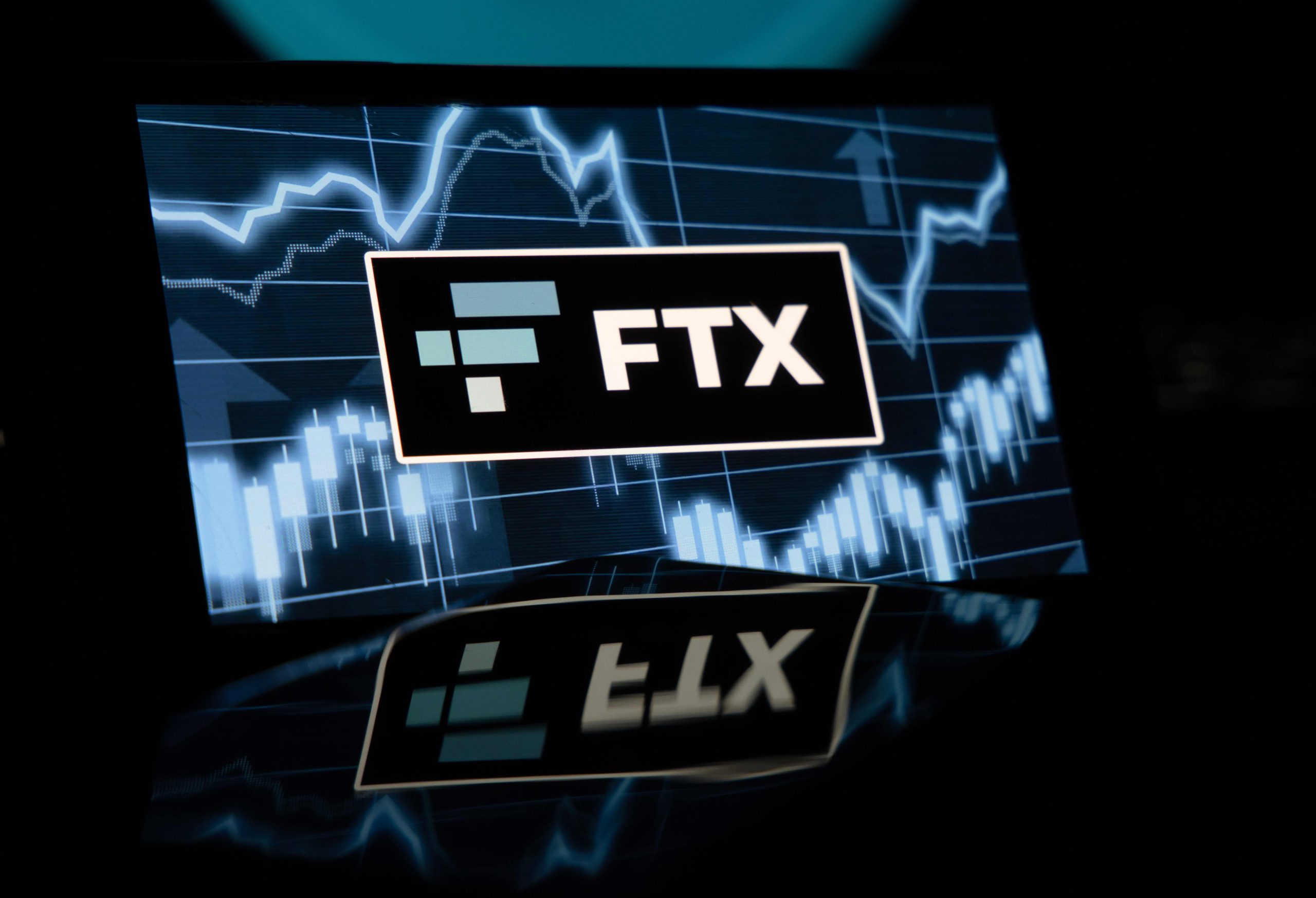After the sentencing of Sam Bankman-Fried, court documents filed yesterday revealed that former FTX executives and promoters have reached a settlement of $1.3 million in a class action lawsuit.
Among those involved in the settlement are Nishad Singh, the former head of engineering for FTX, Caroline Ellison, CEO of Alameda Research, Gary Wang, the chief technological officer for FTX, and seven other promoters of the bankrupt exchange. They have agreed to collectively forfeit the sum of $1.3 million. This resolution follows allegations that they were complicit in and facilitated Sam Bankman-Fried’s fraudulent activities, which led to significant losses for FTX customers.
FTX executives settle lawsuit by paying up.
In addition to their guilty pleas in the criminal proceedings, FTX insiders have committed to full restitution and forfeiture of the designated sum as part of the settlement agreement. This agreement marks a significant step towards accountability and restitution for their involvement in the case. The decision to forfeit the specified amount indicates their acknowledgment of the harm caused and their willingness to take responsibility for their actions.
The settlement also outlines a process for the distribution of the recovered FTX victim funds to the affected individuals. This mechanism ensures that the funds are allocated appropriately and fairly to provide restitution to those impacted by the fraudulent activities. Judge Lewis A. Kaplan, who oversaw the U.S. government’s case against Sam Bankman-Fried, will play a crucial role in determining the distribution of these funds, ensuring that justice is served and victims receive the compensation they deserve.
Sam Bankman-Fried has been sentenced to 25 years in prison and fined $11 billion.
The FTX lawsuit settlement comes in the wake of Bankman-Fried’s sentencing on March 28th in a Manhattan federal court, where the once-respected FTX founder received a 25-year prison term.
Judge Kaplan likened Bankman-Fried’s extensive digital asset fraud to a game, where he assessed the risk of being apprehended “against the potential gains of evading capture, considering the probabilities involved.”
It looks like my prediction was accurate — Judge Kaplan imposed a 25-year sentence for Sam Bankman-Fried, well below the Sentencing Guidelines range.
That sentence will hold up on appeal. It’s a lengthy sentence, and SBF will serve over 20 years. https://t.co/FbVAYrz4cz
— Renato Mariotti (@renato_mariotti) March 28, 2024
Alongside his lengthy prison term, Bankman-Fried has been mandated to forfeit over $11 billion.
“I am aware that many individuals feel deeply disappointed, and rightfully so, they were profoundly let down,” Bankman-Fried expressed to the court. “I regret that. I regret every aspect of what occurred, the actions I should have taken and words I should have spoken, as well as those I shouldn’t have. I failed everyone and everything I hold dear.”
Nevertheless, he maintained his stance that the cryptocurrency exchange always possessed sufficient assets to cover its liabilities and expressed hope and optimism that the exchange would soon reimburse its customers, creditors, and investors.
The FTX bankruptcy estate faces significant challenges.
Amidst ongoing legal battles, the FTX bankruptcy estate finds itself embroiled in a slew of complex legal proceedings. The latest development involves the retention of Robert J. Cleary, a former prosecutor renowned for his involvement in the Unabomber case, to investigate potential conflicts of interest between the law firm Sullivan and Cromwell and the crypto exchange.
Sullivan and Cromwell, the subject of scrutiny, is also contending with a class action lawsuit filed in February 2023 by numerous FTX investors. In this lawsuit, investors allege that the law firm reaped substantial financial benefits from its association with Bankman-Fried’s enterprises.
According to the lawsuit, Sullivan and Cromwell are accused of profiting from the misconduct of the FTX Group and allegedly colluding in unlawful activities for their own financial gain.
Furthermore, Bankman-Fried’s sentencing includes an order for him to serve his term in a medium-security prison, partly due to his significant wealth. He has a limited window of two weeks following the court’s judgment submission to lodge an appeal against the ruling.



